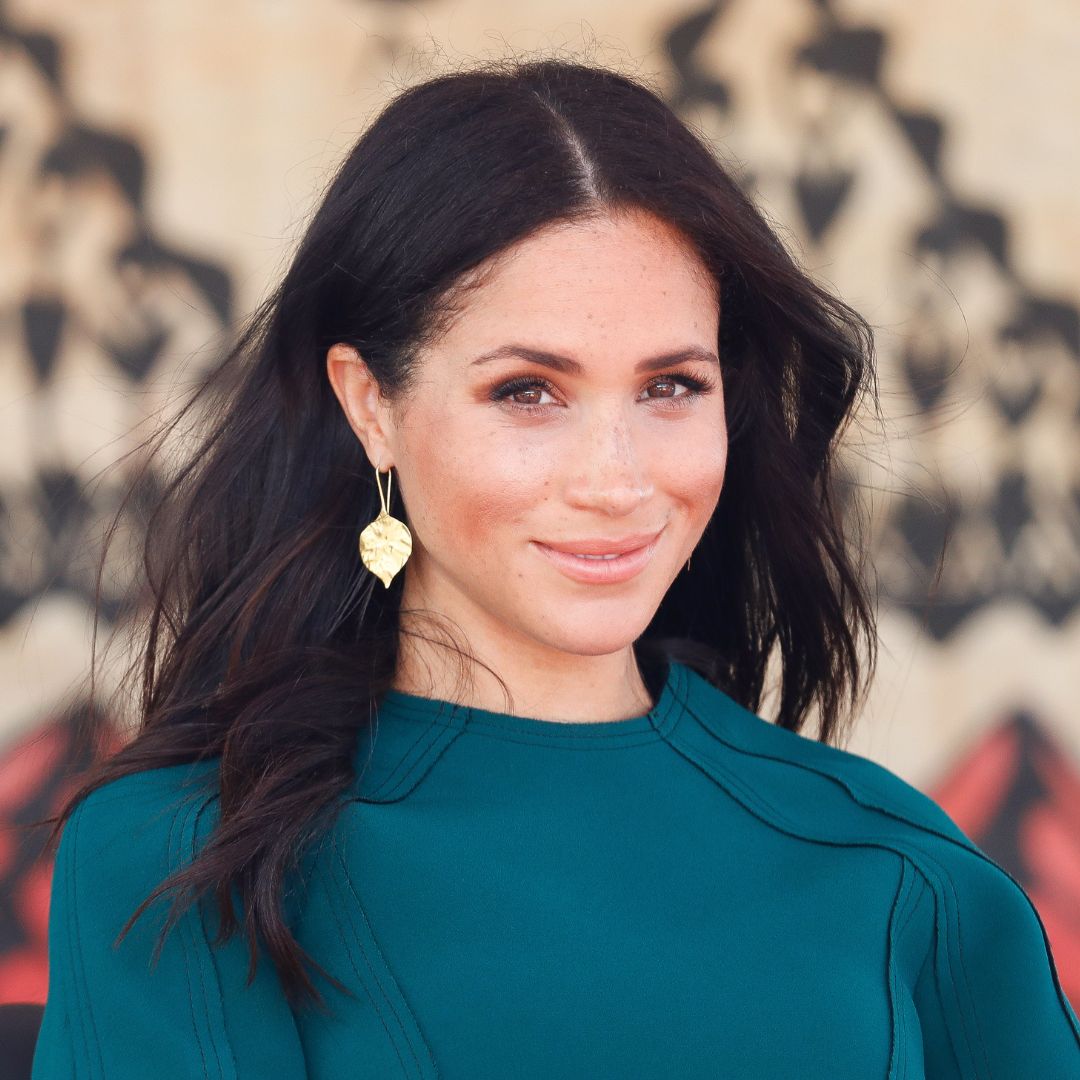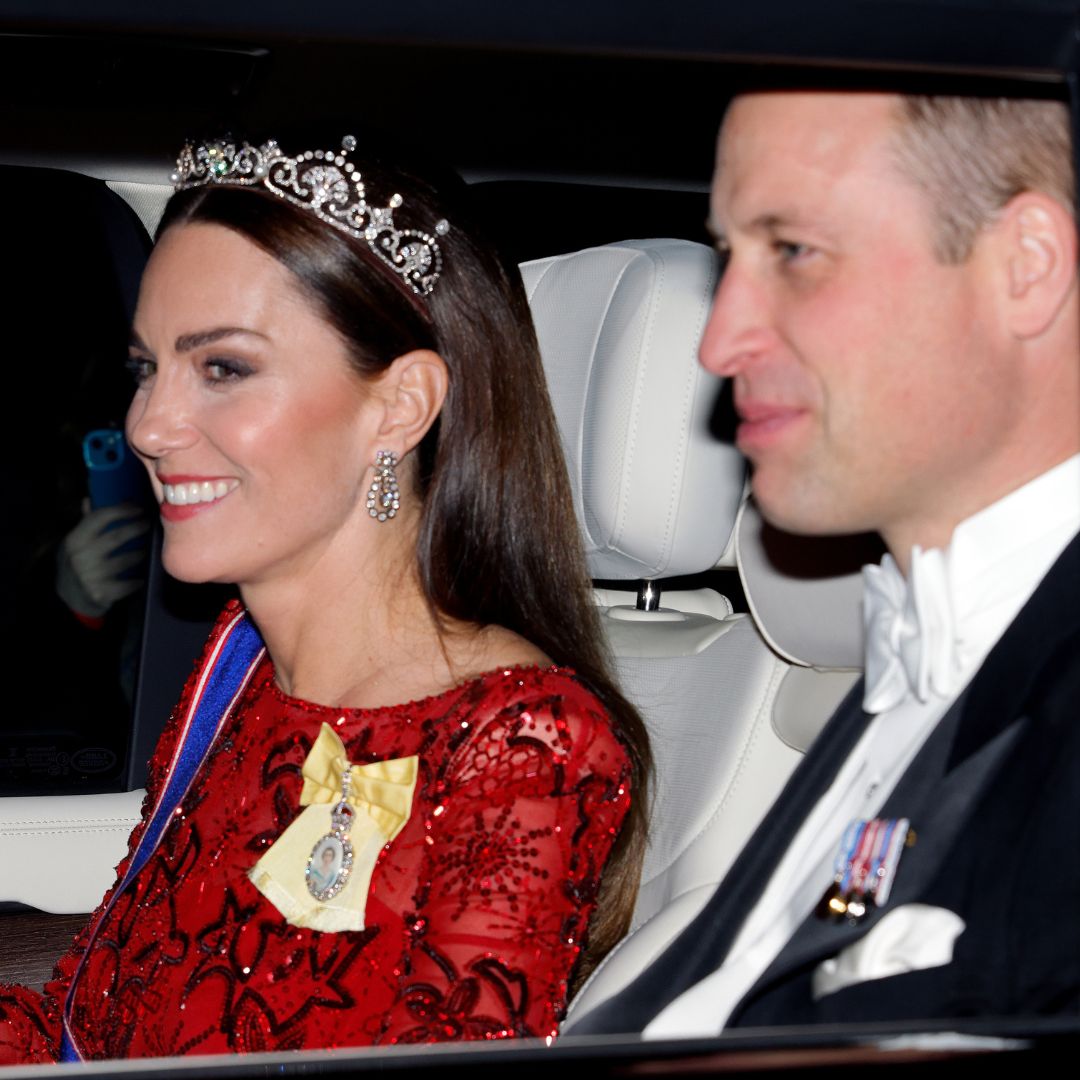Why diversity is crucial in our post Covid-19 workplace
Companies have long paid lip service to diversity. But in a year that saw the world changed by Black Lives Matter and the inequality of the pandemic, we need less talk and more action if we're to create a truly diverse post Covid-19 workplace, writes award-winning business strategist Melanie Eusebe.
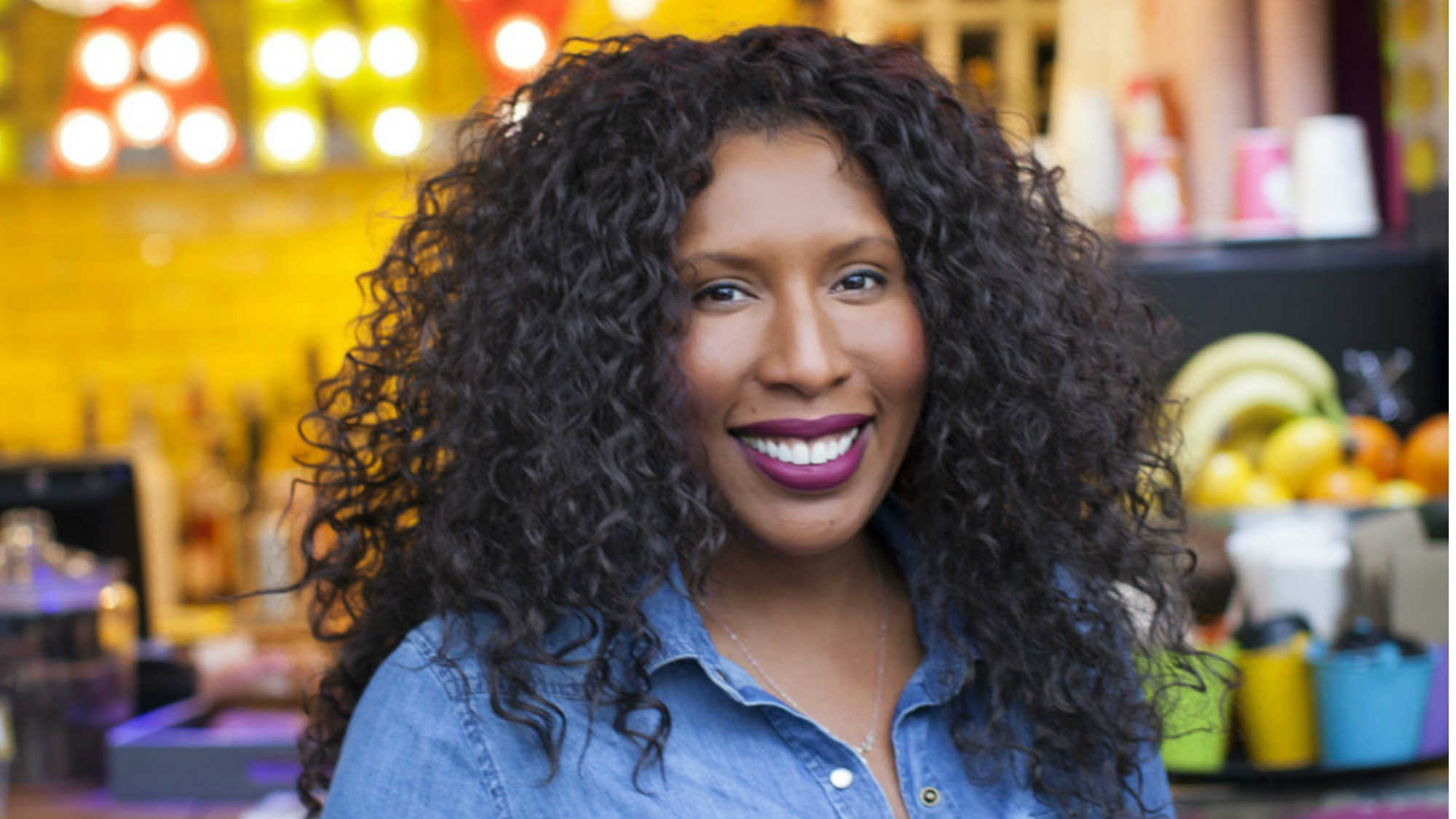

Companies have long paid lip service to diversity. But in a year that saw the world changed by Black Lives Matter and the inequality of the pandemic, we need less talk and more action if we're to create a truly diverse post Covid-19 workplace, writes award-winning business strategist Melanie Eusebe.
History books will certainly define 2020 as a turbulent one. Although there have been recent precedents for seismic years of great upheaval. There was 9/11 and its traumatic legacy back in 2001, then the global financial crisis in 2008; both of which had a disproportionate adverse impact on Black professionals. And Covid-19 has proven no different. But how do we plan and return to work in our new normal with diversity in the post Covid-19 workplace at the forefront of our minds.
The death of George Floyd, and the ensuing Black Lives Matter protests, means there really is no going back to the way we were. The vigils and protests brought racial injustice to the surface across the world. Now we have to ask 'how do we change what we used to do for the best?'
The Black Lives Matter movement is also forcing society to finally have conversations that, according to TV Historian David Olusoga, 'for decades we have put off or avoided.' Delivering the keynote speech at this year's virtual Edinburgh TV Festival, Olusoga reflected on his 'lonely' experience as a black person broadcaster - adding that racism has led to a 'lost generation' of ethnic minority people in the television industry.
There's a huge desire not to return to the old normal. So employers, across all industries, must learn from the lessons of the pandemic and Black Lives Matter to create a more inclusive environment and ensure longer-term post-Covid-19 workplace change.
Changes are afoot, I'm seeing a renewed commitment on behalf of senior leadership teams to address the BAME imbalance found in the top echelons of organisations. But the fact remains that only 51 out of the 1097 most powerful roles in the county are filled by non-white individuals, an increase of just 1.2% (or 15 people) since 2017.
The recent powerful testimonials of Black people’s experiences has brought us all to a defining watershed moment. The Black Lives Matter movement and Covid-19 has led to people demanding change and an acceleration of inclusion. We have reached the point where apologies and lofty commitments are not enough.
Marie Claire Newsletter
Celebrity news, beauty, fashion advice, and fascinating features, delivered straight to your inbox!
What should employers do in a post-Covid-19 workplace?
Companies have long since articulated commitments to diversity and inclusion, but it has now become critical. Advocacy alone will just not cut it. There needs to be comprehensive solutions, strategic action and key metrics implemented. Businesses need to push for the measurement of Black and Asian progression, and this should not just be a commitment from their senior stakeholders but throughout the whole supply chain.
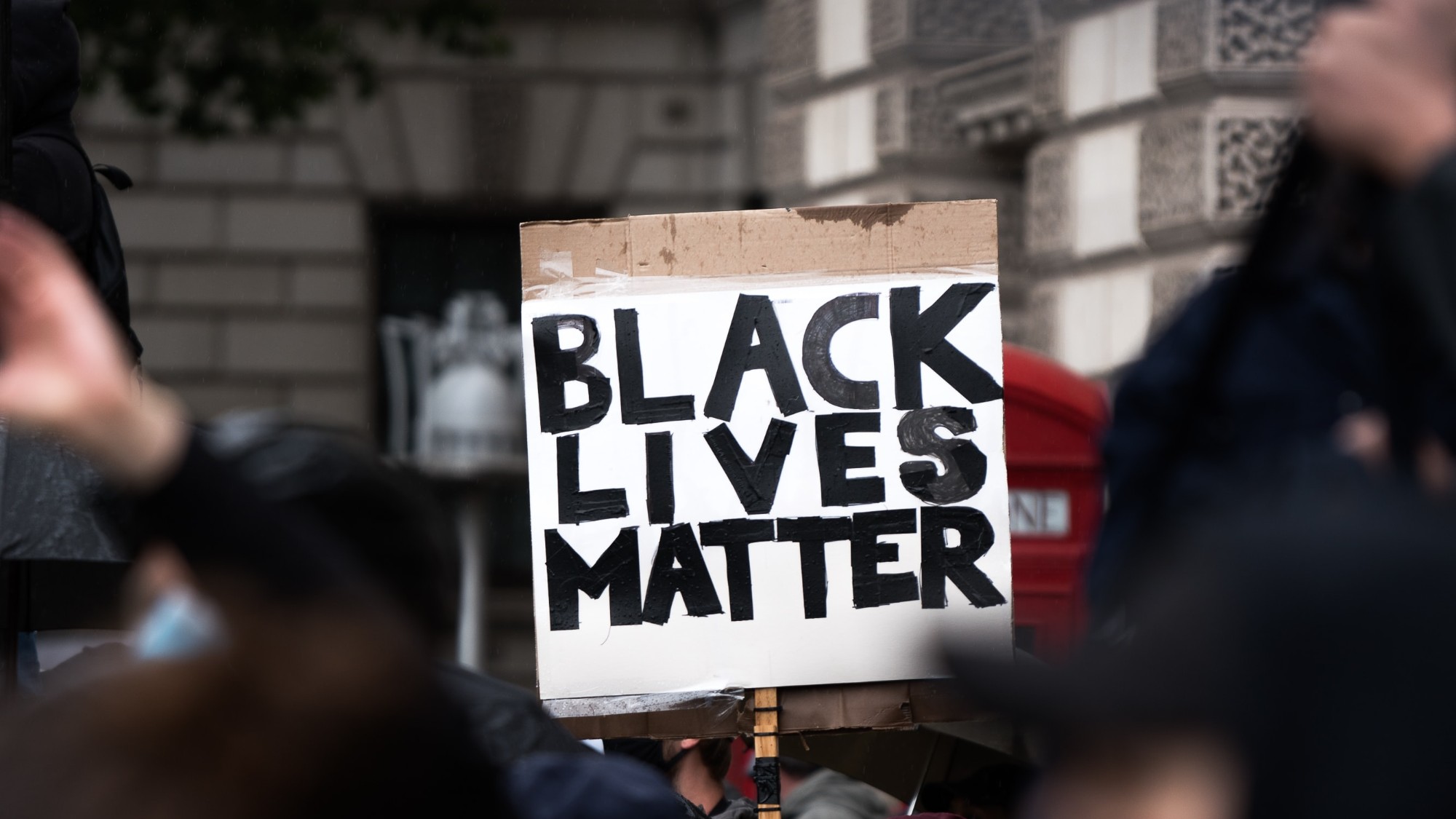
As a workforce we need companies to monitor diversity and inclusion as they would for any other key performance indicator in business - when this happens we will begin to see real change. In business, what gets measured, gets done.
As the Chair of The Black British Business Awards (BBBAwards), I've seen positive change in the workplace since its launch seven years ago. While our awards ceremony is important, it has have grown into a raft of programmes, including research, mentoring and accelerating underrepresented middle manager talent into the boardroom. But there is still a long, long way to go.
More work has to be done by all organisations in creating an environment where Black talent can grow and thrive alongside their white colleagues. There has been progress, but it's been slow and so the time to accelerate into a fair and inclusive workforce is now.
Niamh McCollum is Features Assistant at Marie Claire UK, and specialises in entertainment, female empowerment, mental health, social development and careers. Tackling both news and features, she's covered everything from the rise of feminist audio porn platforms to the latest campaigns protecting human rights.
Niamh has also contributed to our Women Who Win series by interviewing ridiculously inspiring females, including forensic scientist Ruth Morgan, Labour MP Stella Creasy and ITV’s former Home Affairs Editor Jennifer Nadel.
Niamh studied Law in Trinity College Dublin. It was after enrolling in a Law & Literature class on her year abroad in Toronto that her love of writing was reignited. In no particular order, her big likes are Caleb Followill, hoops, red wine, sea swimming, shakshuka and long train journeys.
-
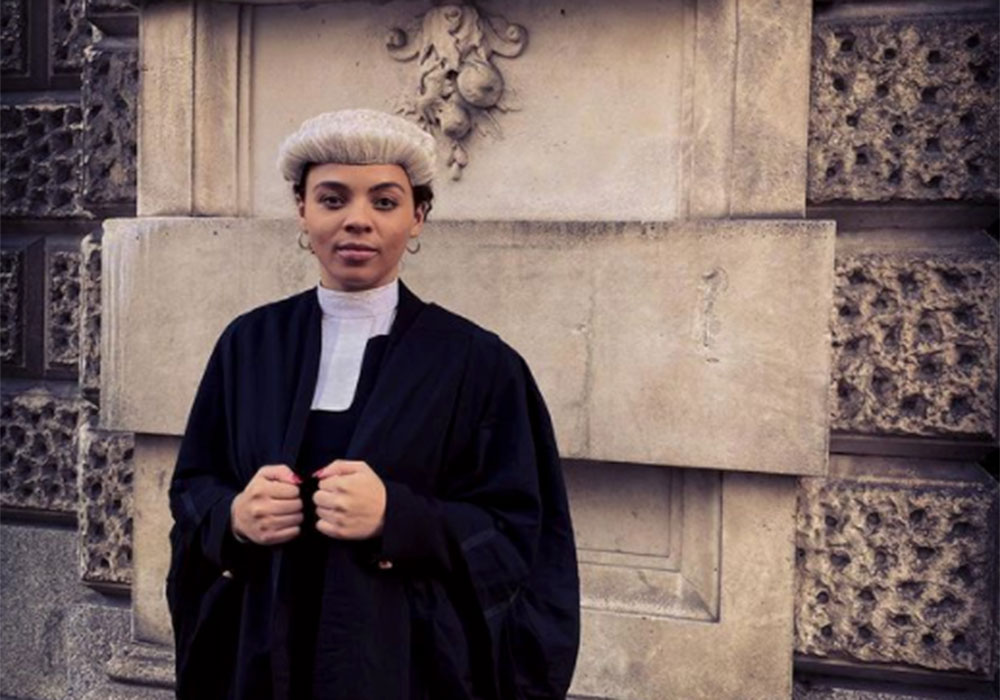 "I'm a Black barrister working in a broken justice system"
"I'm a Black barrister working in a broken justice system"Alexandra Wilson is a 26-year-old barrister speaking out about sexism, racism and class inequality at the very heart of the legal system. She shares her disturbing experiences, and why activism will make a difference.
By Alexandra Wilson
-
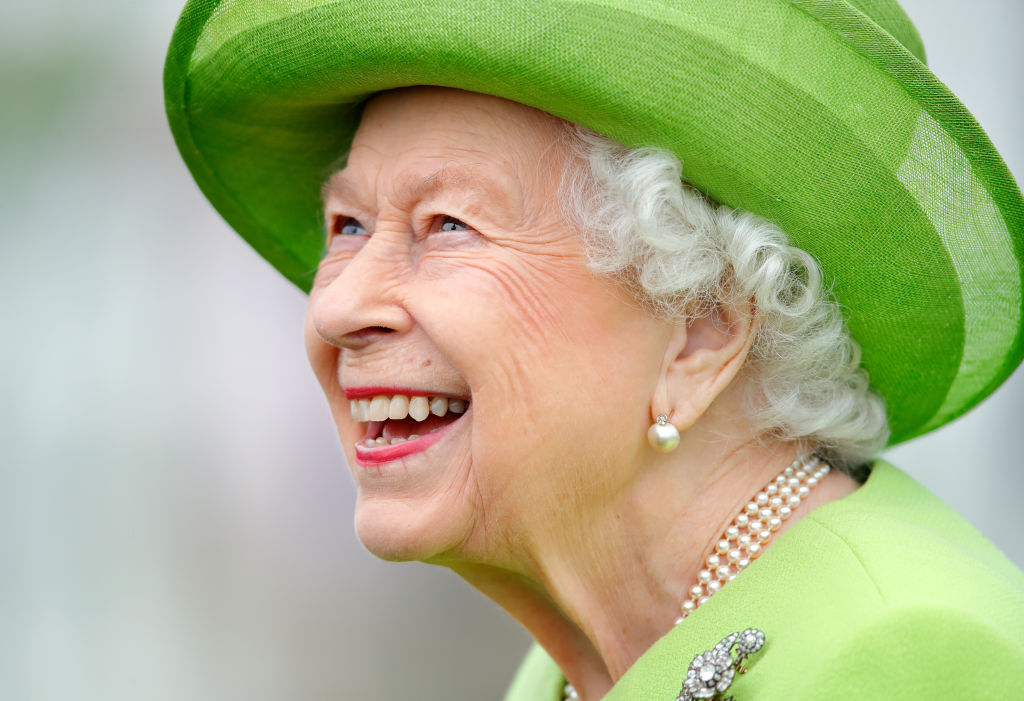 Feeling sad this week? Learn about the 5 steps of grief, plus how to avoid it consuming you
Feeling sad this week? Learn about the 5 steps of grief, plus how to avoid it consuming youAs the nation mourns Her Majesty The Queen.
By Ally Head
-
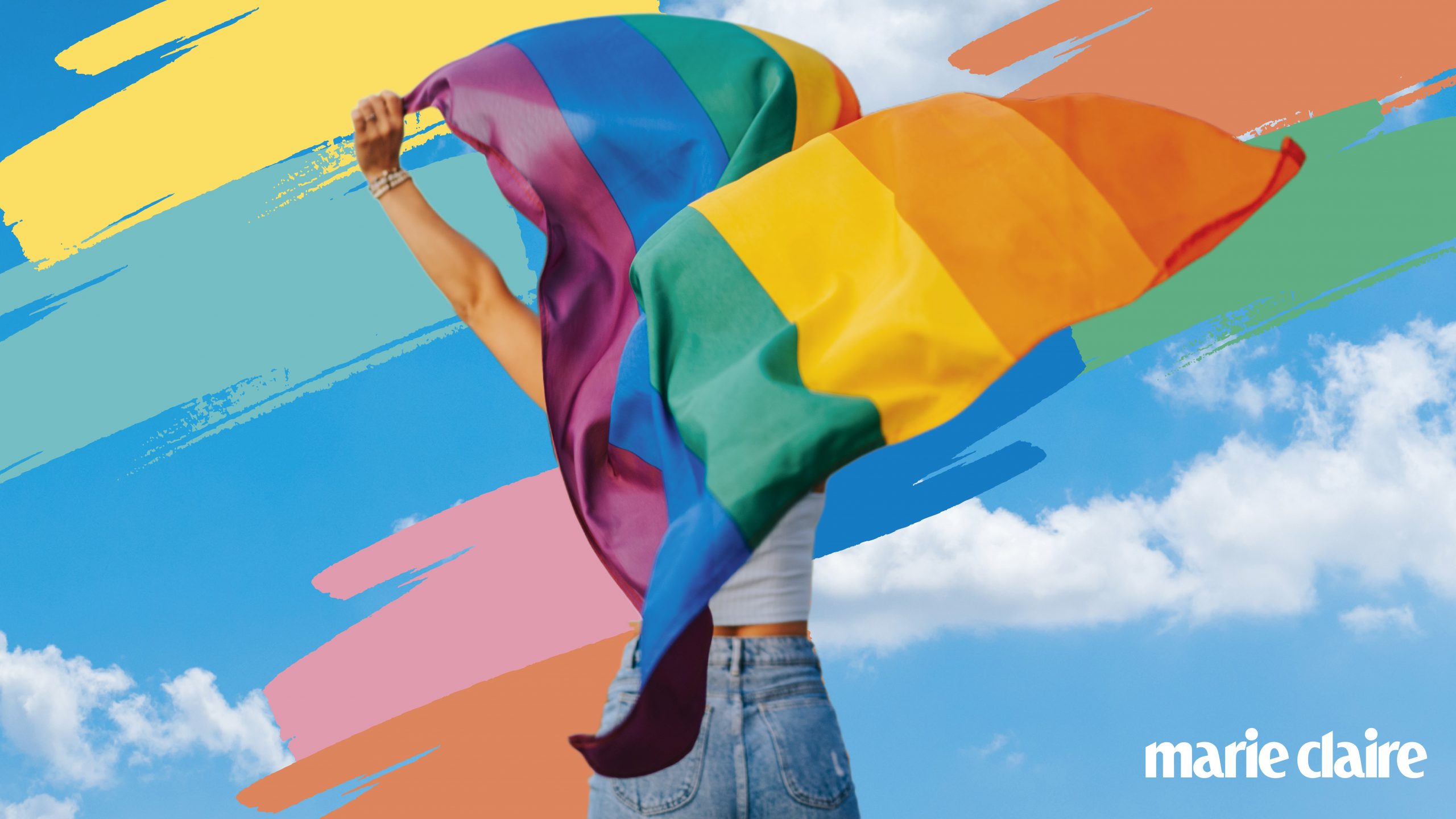 Pride events: 7 IRL and virtual celebrations to add to your calendar for 2021
Pride events: 7 IRL and virtual celebrations to add to your calendar for 2021Ready to celebrate?
By Rosie Grant
-
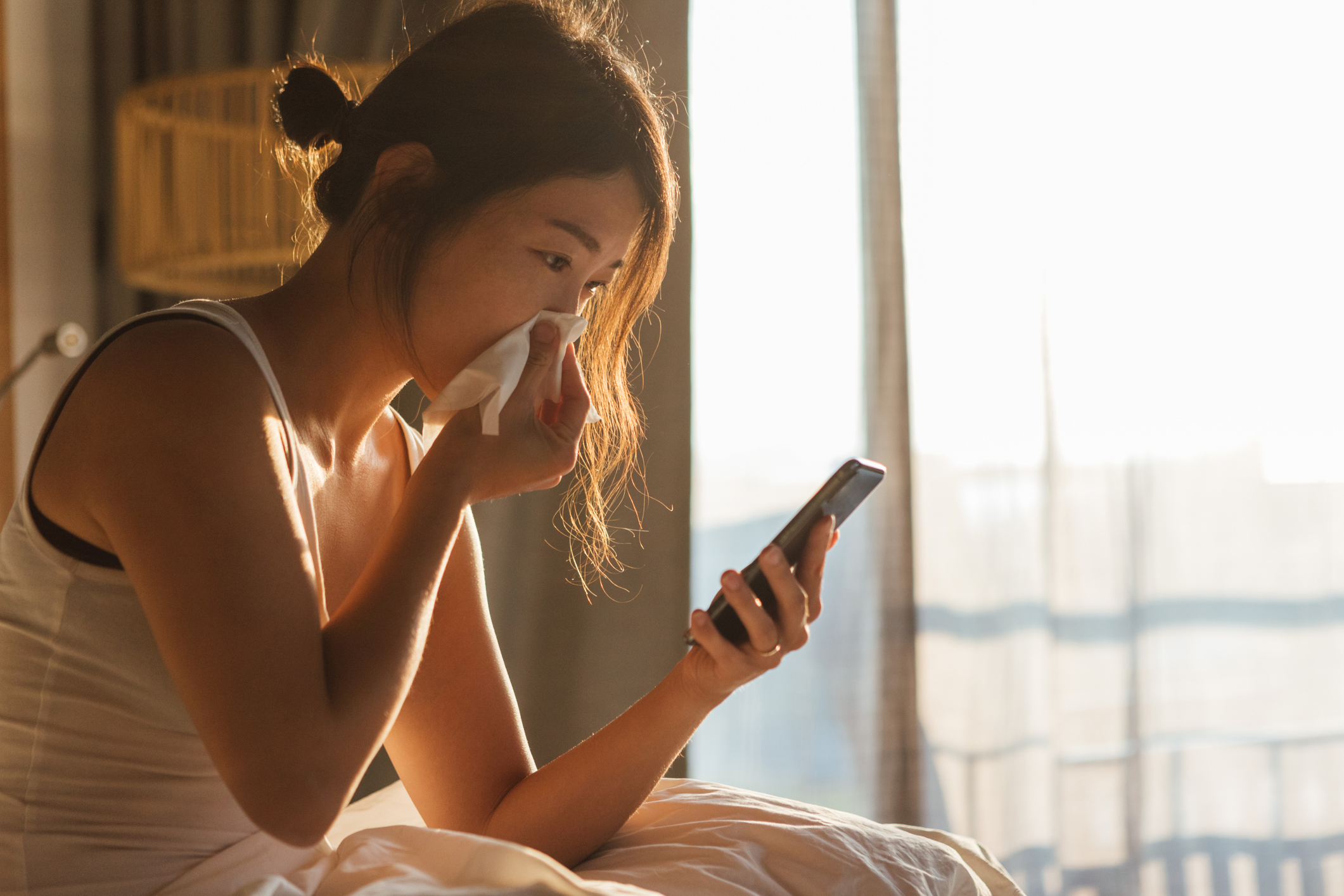 Coronavirus versus cold symptoms: How to know whether you've got COVID 19 or a common cold
Coronavirus versus cold symptoms: How to know whether you've got COVID 19 or a common coldThis is important. Read guidance from the experts now.
By Ally Head
-
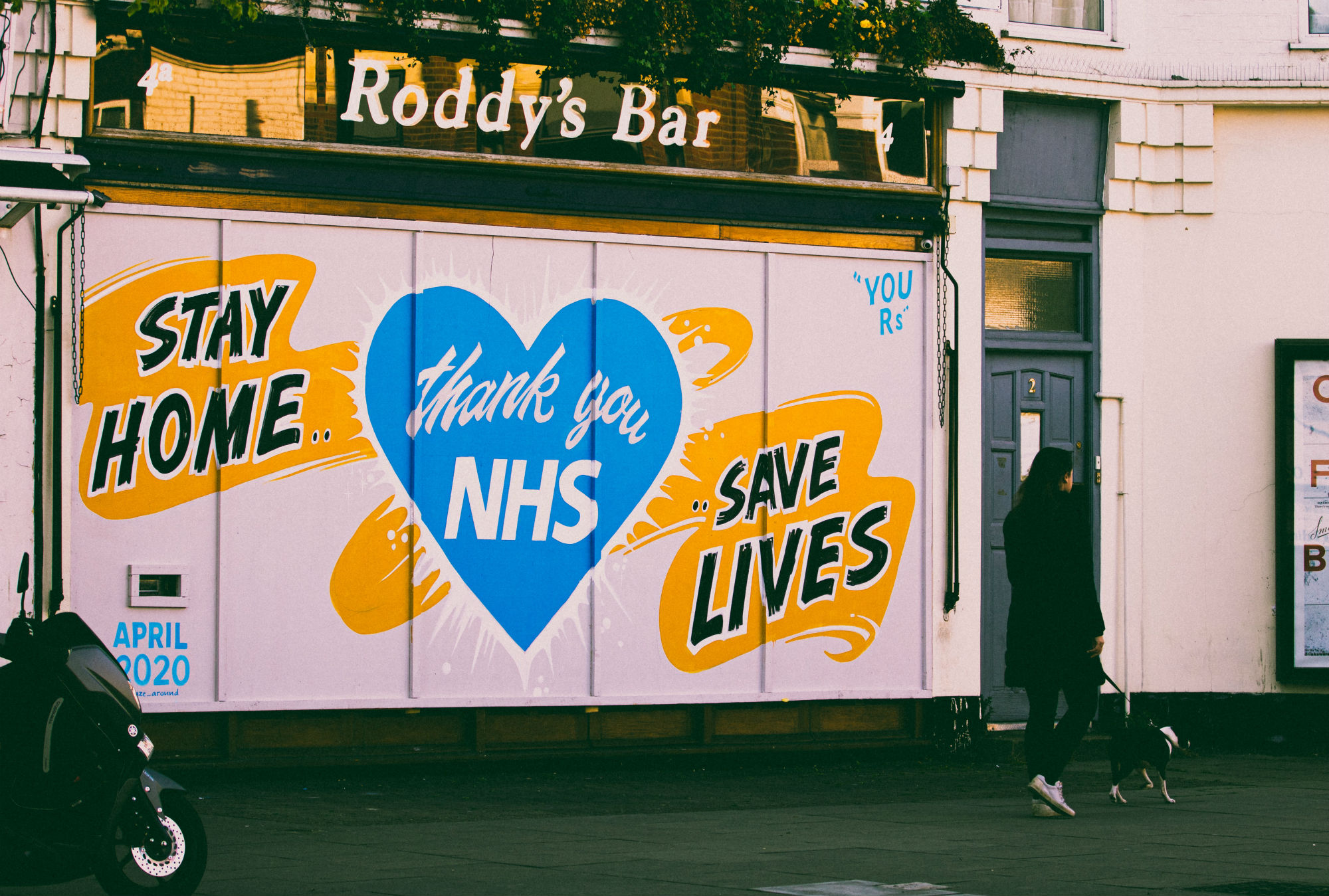 A nurse shares important advice for life post-lockdown
A nurse shares important advice for life post-lockdownAs we mark International Nurses Day 2021 on May 12, a clinical nurse consultant shares her expert advice on how to navigate life with fewer and fewer restrictions
By Olivia Adams
-
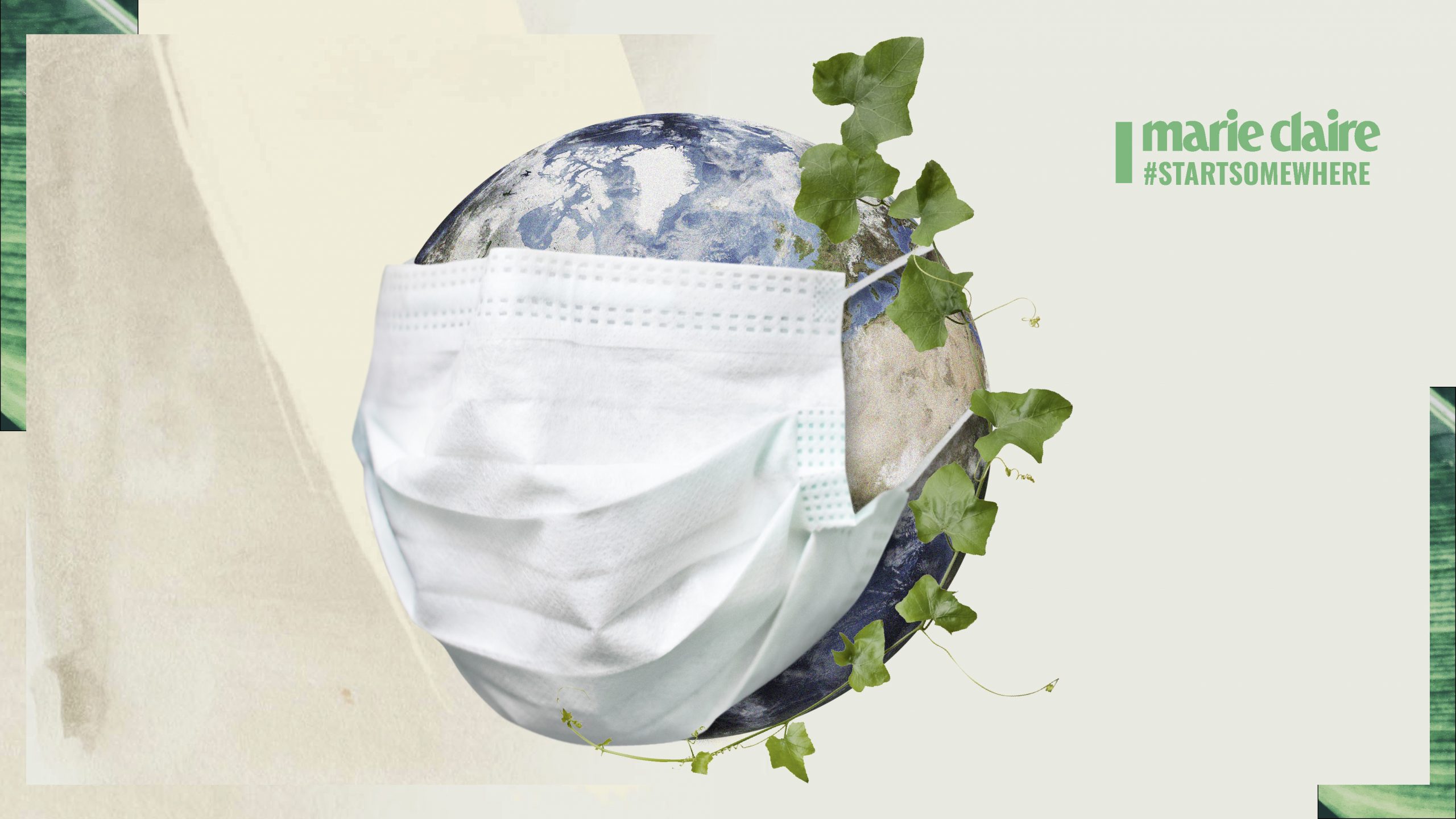 How COVID-19 made us forget our morals on plastic
How COVID-19 made us forget our morals on plasticPre-pandemic, we cared about our habits of plastic use. Lockdown changed all that - but it's not too late to continue the fight
By Olivia Adams
-
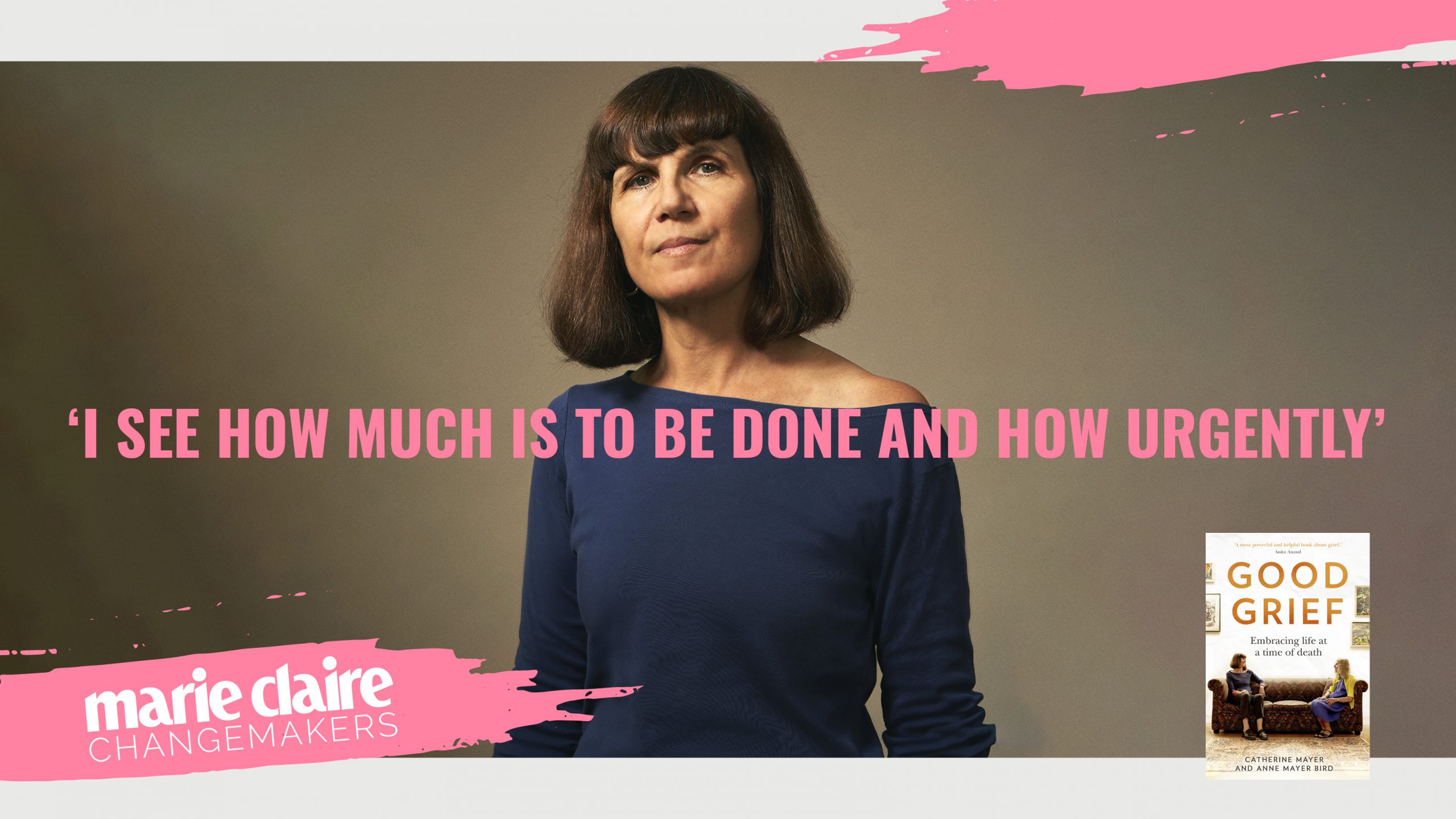 Catherine Mayer on women's rights: 'I see how much is to be done and how urgently'
Catherine Mayer on women's rights: 'I see how much is to be done and how urgently'Co-founder of the Women's Equality Party, Catherine Mayer, was married to influential musician Andy Gill until his death in Feb 2020. This International Women's Day, Mayer shares with affecting honesty how grief adds clarity to her life-affirming activism
By Maria Coole
-
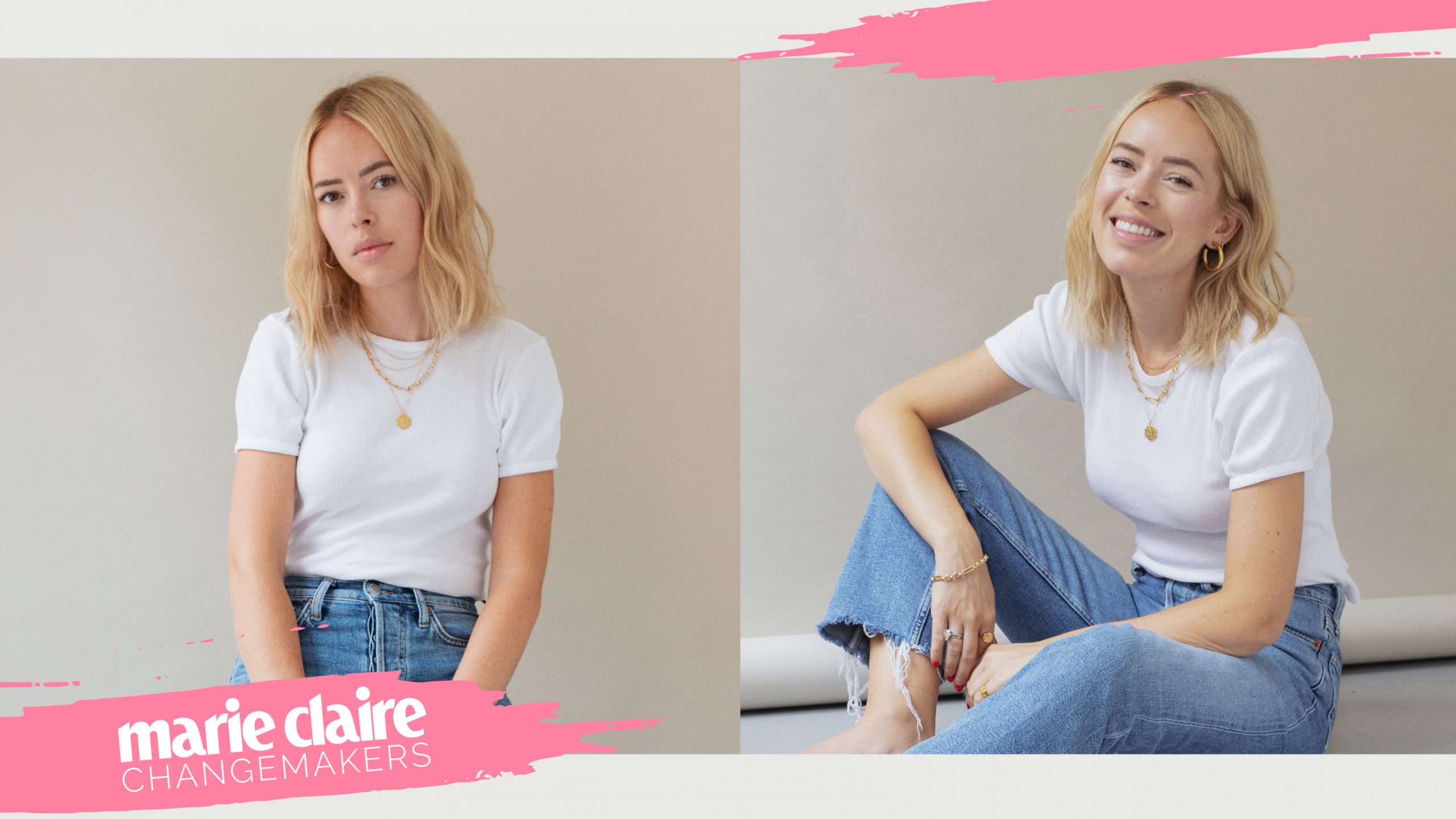 Tanya Burr shares her top 6 resources for educating yourself - and growing - this IWD
Tanya Burr shares her top 6 resources for educating yourself - and growing - this IWDThe theme of this International Women's Day is Choose to Change - let Tanya help you become a change-maker with her top resources.
By Ally Head

